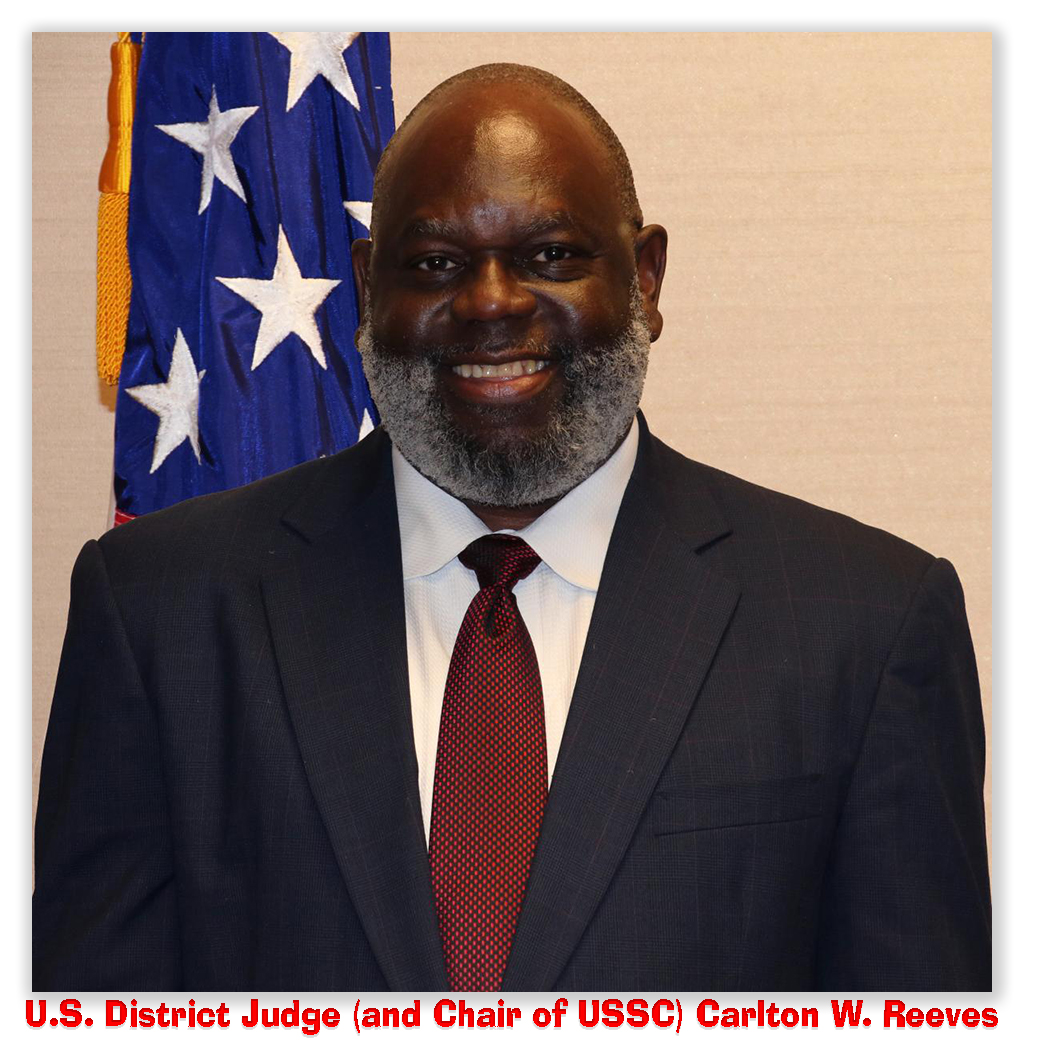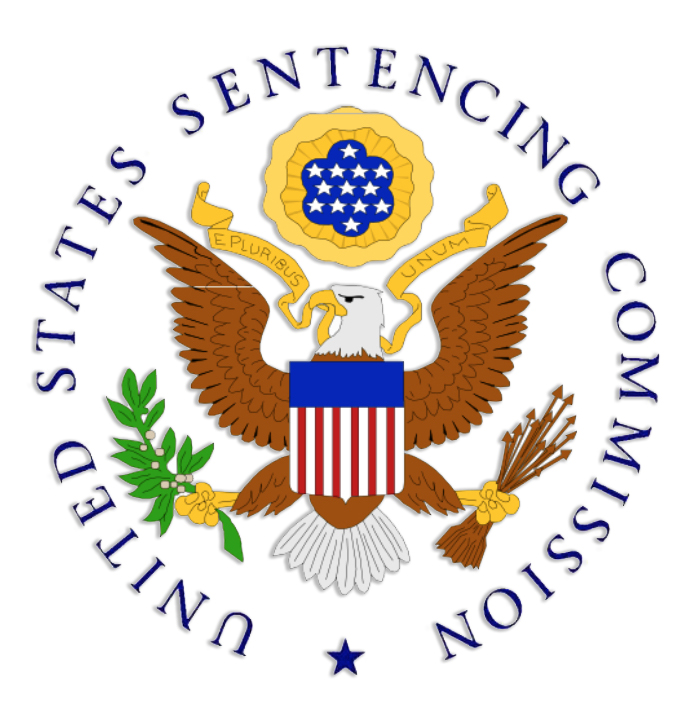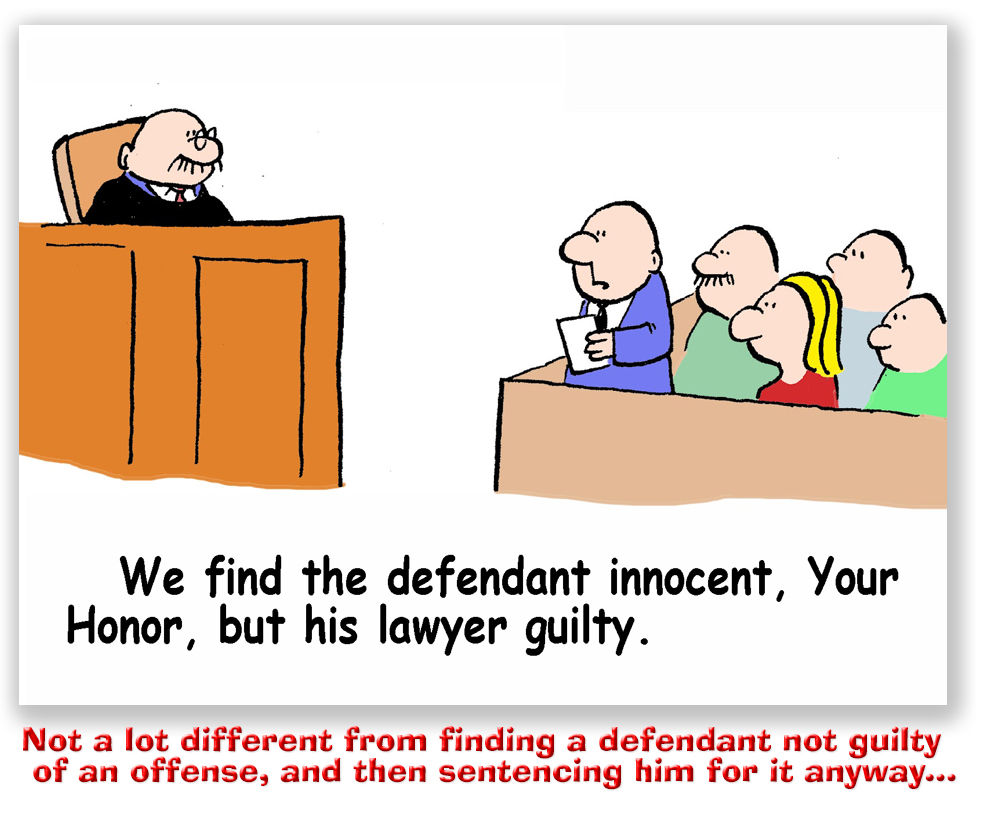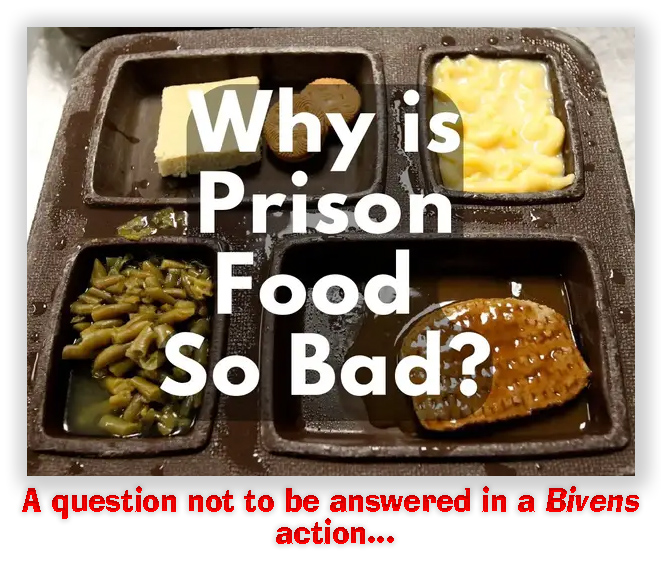We post news and comment on federal criminal justice issues, focused primarily on trial and post-conviction matters, legislative initiatives, and sentencing issues.

SENTENCING COMMISSION PUTS BRAKES ON RETROACTIVITY
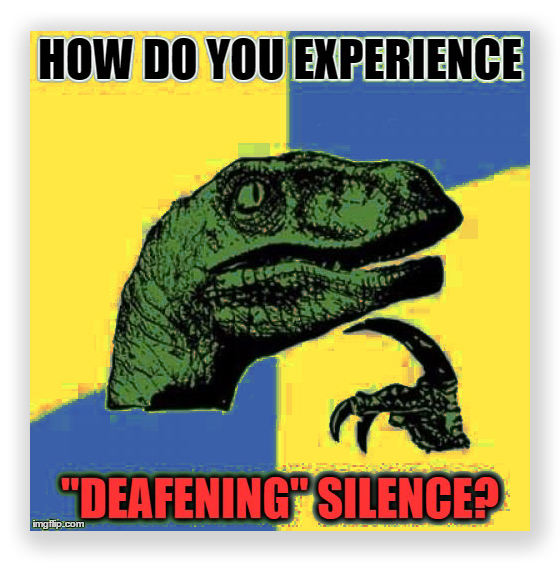 In the annals of retroactive U.S. Sentencing Commission guidelines, never has such an ambitious retroactivity agenda yieldzed such… silence.
In the annals of retroactive U.S. Sentencing Commission guidelines, never has such an ambitious retroactivity agenda yieldzed such… silence.
The USSC is the federal agency responsible for promulgating guidelines for federal judges in imposing criminal sentences. Its proposed amendments to those Guidelines — made in the spring of every year — become part of the Guidelines on November 1 unless Congress steps in to veto some or all of the changes.
A Guidelines change that would reduce a sentencing range does not apply to the sentence of a prisoner who has already been sentenced unless the Commission proposes a change in USSG § 1B1.10, the Guideline governing retroactivity.
Retroactivity doesn’t happen often. In 36 years and over 825 amendments, the USSC has made an amendment retroactive 21 times (under 3% of the time).
 This year, the Commission proposed to make four Guideline changes, in areas of acquitted conduct, gun enhancements, Guidelines calculation where a defendant is convicted of an 18 USC § 922(g) felon-in-possession count, a 21 USC § 841 drug trafficking count , and a separate 18 USC § 924(c) gun conviction; and a change in the drug Guidelines to tie mandatory and high base offense levels to statutory maximum sentences instead of more complex factors that inflate sentencing ranges.
This year, the Commission proposed to make four Guideline changes, in areas of acquitted conduct, gun enhancements, Guidelines calculation where a defendant is convicted of an 18 USC § 922(g) felon-in-possession count, a 21 USC § 841 drug trafficking count , and a separate 18 USC § 924(c) gun conviction; and a change in the drug Guidelines to tie mandatory and high base offense levels to statutory maximum sentences instead of more complex factors that inflate sentencing ranges.
The Commission solicited public comment on the proposed retroactivity and the staff prepared retroactivity impact reports that, among other matters, estimated how many prisoners would be eligible for reduced sentences if retroactivity on each proposal was adopted.
However, at yesterday’s meeting, the Commission tersely declined to vote on the measure. After about 10 minutes of discussion on Commission priorities for the coming year, US District Court Judge Carlton Reeves (SD-MS), chairman of the Commission called for a motion to adopt the retroactivity proposal. His call was met with a deafening silence.
Chairman Reeves was not surprised, the decision to defer retroactivity apparently having been scripted beforehand. He said:
The matter fails for a lack of a motion.
The public tuned in today to hear not only about the commission’s final priorities but also our decision about retroactivity. Our final priorities made clear that we are listening closely to the public’s recommendations about how to do our work. Many have called for the Commission to identify clear principles that will guide its approach to retroactivity. After deep deliberation, we have decided to heed those calls. For that reason, we will not be voting on retroactivity today. Nevertheless, I want to thank all of those who submitted comments and testimony regarding retroactivity for these amendments. Please know that your input has been heard and will continue to be heard as the Commission moves forward.
So what happened?
The best speculation is that the Commission is responding to criticism heaped on it for adopting amended Guideline 1B1.13(b)(6), which permits judges to grant compassionate release where a prisoner’s sentence could not be imposed today because of changes in the law that occurred after the sentence was imposed. Subsection (b)(6) contains a lot of caveats: the prisoner must have served 10 years, the change must have created a substantial disparity between the prisoner’s sentence and current sentences for the same offense, and the inmate’s prison record had better be clean as a whistle.
Nevertheless, after the Commission adopted the amended 1B1.13 containing the new subsection (b)(6), Sen John Kennedy (R-LA), a member of the Judiciary Committee, introduced the Consensus in Sentencing Act (S.4135) to require the Commission to achieve “bipartisan agreement to make major policy changes.” The bill would amend 28 USC § 994(a) to require that amendments to the Guidelines receive five votes from the Commission’s seven voting members.
At the time, Kennedy whined that “[t]he Sentencing Commission for decades strove to achieve bipartisan agreement when adopting amendments to the Sentencing Guidelines. In recent years, the Commission has lost its way and begun forcing through amendments on party-line votes.”
The Commission has seven voting members. No more than four members can belong to the same political party.
Sens Ted Cruz (R-TX), John Cornyn (R-TX), Tom Cotton (R-AR) and Marco Rubio (R-FL) cosponsored S.4135, which is stalled in the Judiciary Committee and has no chance of passage before the 118th Congress expires at the end of the year.
Nevertheless, in June, retired US District Judge John Gleeson, a member of the Commission, met with Kennedy, after which Kennedy said that “Gleeson acknowledged the concerns raised about the Commission’s recent practices and confirmed that the Commission will return to making changes on a bipartisan basis.”
“I look forward to seeing the fruits of this commitment.”
I suspect he just did.
 The Commission did not reject retroactivity on the amendments, but its intention to adopt guiding principles for retroactivity pretty much ensures that any decision on making the acquitted conduct and other amendments retroactive has been kicked down the road for a year or better.
The Commission did not reject retroactivity on the amendments, but its intention to adopt guiding principles for retroactivity pretty much ensures that any decision on making the acquitted conduct and other amendments retroactive has been kicked down the road for a year or better.
Sentencing Commission Public Hearing (Video) (August 8, 2024)
Sentencing Commission, Final Priorities for Amendment Cycle (August 8, 2024)
S.4135, Consensus in Sentencing Act
Sen John Kennedy, Kennedy introduces bill to restore bipartisan decision-making at Sentencing Commission (April 7, 2024)
Sen John Kennedy, Kennedy confirms that Sentencing Commission will return to bipartisan agreement for changes to Sentencing Guidelines (June 3, 2024)
– Thomas L. Root


